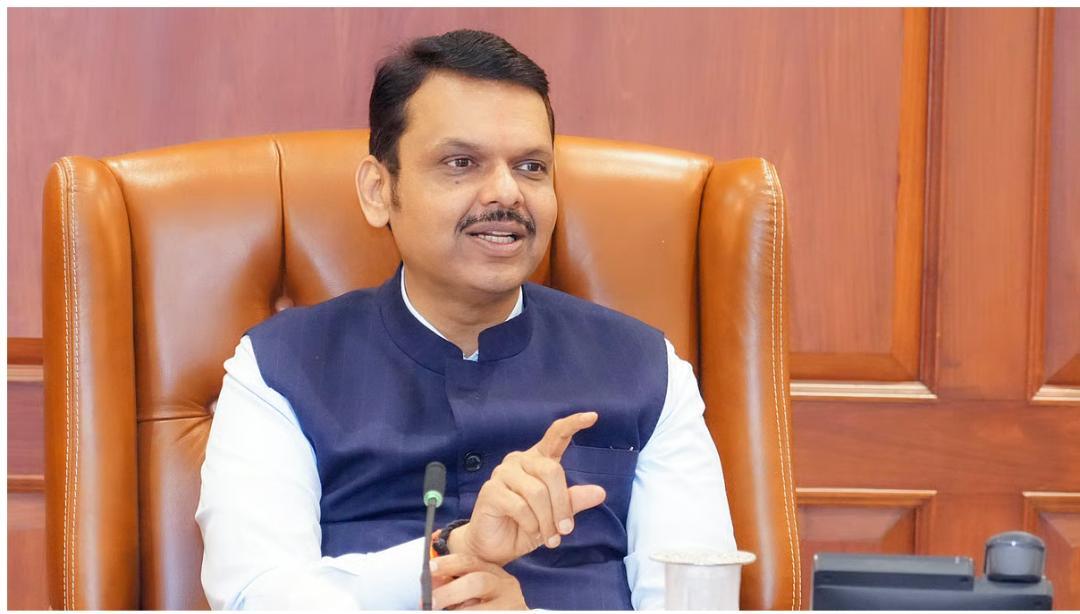
Stand & greet MLAs & MPs and listen to what they say: Maharashtra govt to employees
In a recent directive, the Maharashtra government has issued guidelines to its employees on how to interact with Members of the Legislative Assembly (MLAs) and Members of Parliament (MPs). The guidelines, which have been made public, emphasize the importance of showing respect and courtesy to these elected representatives when they visit government or semi-government offices. The move is seen as an attempt to promote a culture of respect and professionalism within the government machinery.
According to the guidelines, employees are instructed to “stand and greet” MLAs and MPs politely when they arrive or leave government or semi-government offices. This is meant to demonstrate respect and courtesy towards the elected representatives, who are responsible for making laws and representing the interests of their constituents. The employees have also been asked to listen carefully to what MPs or MLAs have to say, and to respond in a respectful and polite manner.
The guidelines also emphasize the importance of using respectful, polite, and courteous language while talking to MLAs and MPs over the phone. This is meant to ensure that employees communicate effectively and professionally with the elected representatives, even in informal settings. The directive is seen as a reminder to employees that they are not just representatives of their respective departments, but also ambassadors of the government as a whole.
The move has been welcomed by many, who see it as a positive step towards promoting a culture of respect and professionalism within the government machinery. “It’s a good move,” said a senior government official. “It’s essential to show respect to our elected representatives, who are responsible for making laws and representing the interests of their constituents. By following these guidelines, employees can help promote a positive image of the government and ensure that the interactions with MLAs and MPs are productive and respectful.”
However, some have questioned the need for such guidelines, arguing that they are unnecessary and may even be seen as an attempt to stifle dissent or criticism. “It’s not clear why such guidelines are needed,” said a critic. “Employees are already expected to behave professionally and respectfully towards their superiors and elected representatives. These guidelines may be seen as an attempt to micromanage the behavior of employees, rather than trusting them to use their common sense and judgment.”
Despite these criticisms, the guidelines are likely to be widely implemented across the state. The Maharashtra government has a reputation for being proactive and responsive to the needs of its citizens, and this move is seen as a continuation of that approach. By promoting a culture of respect and professionalism within the government machinery, the state government hopes to improve the overall quality of service delivery and ensure that citizens have a positive experience when interacting with government officials.
In addition to the guidelines, the state government has also been taking steps to improve the overall functioning of its administrative machinery. This includes initiatives such as streamlining procedures, reducing bureaucracy, and promoting the use of technology to improve efficiency and transparency. These efforts are seen as essential to promoting good governance and ensuring that the government is responsive to the needs of its citizens.
In conclusion, the Maharashtra government’s guidelines on how to interact with MLAs and MPs are a positive step towards promoting a culture of respect and professionalism within the government machinery. By emphasizing the importance of respect, courtesy, and professionalism, the state government hopes to improve the overall quality of service delivery and ensure that citizens have a positive experience when interacting with government officials. While some may question the need for such guidelines, they are likely to be widely implemented and seen as a continuation of the state government’s efforts to promote good governance and improve the lives of its citizens.




